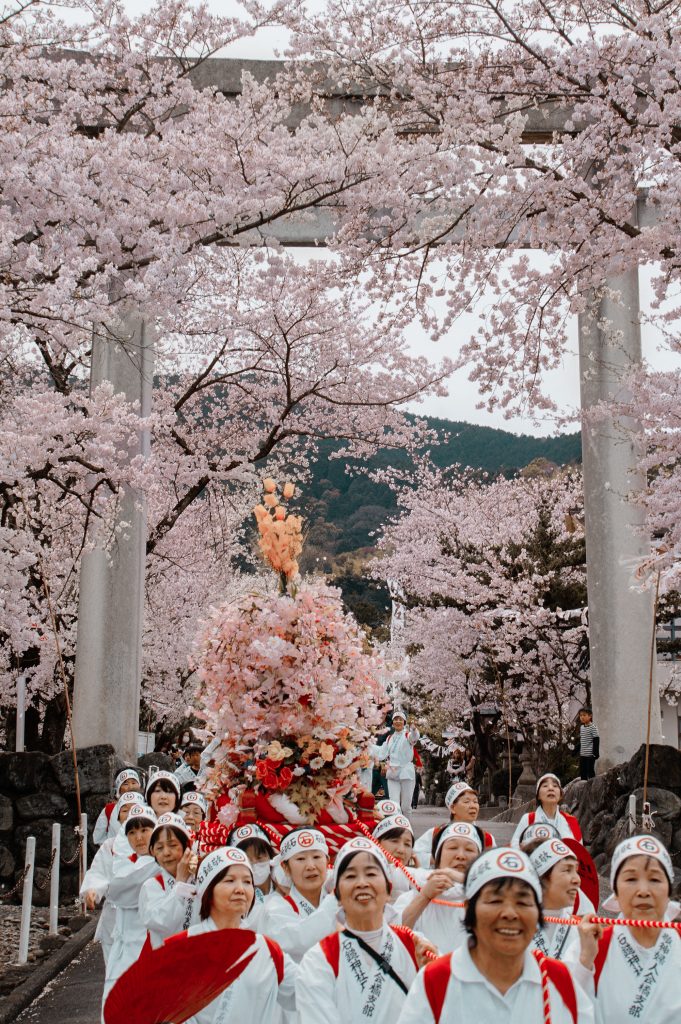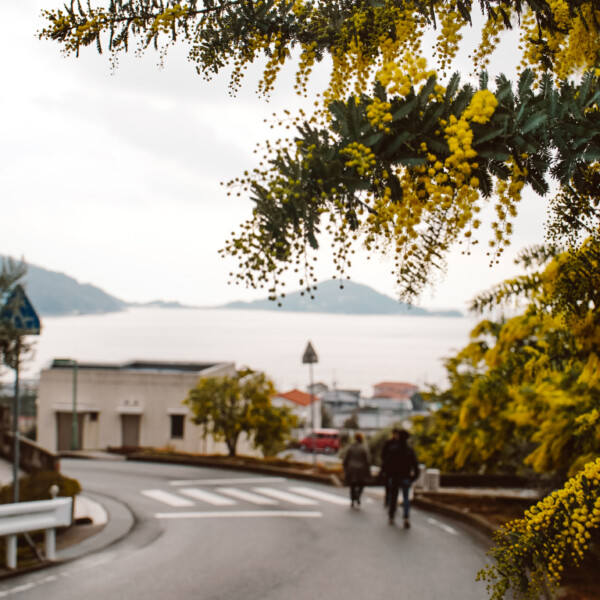“Inaka” is the Japanese word for countryside and refers to the rural areas of Japan. These areas are known for their high elderly populations, expansive rice fields, and simple lifestyle. During my interview, I was asked about whether I’d accept an inaka placement after living and growing up in Toronto for over a decade. It’s a fair question since many JETs want to be placed in the big cultural hubs like Tokyo, Osaka, Kyoto or more unique cities like Sapporo, Hiroshima, or Nara. They might associate inaka life with limited options for social events, entertainment, food, and transportation. They’re right, that is inaka life. But after living in a busy and crowded metropolitan city for most of my life, I was over it. During my interview I told them that my only stipulant is that I am not placed in a cold area. I didn’t have any objections to rural Japan because inaka also equals more nature, tighter communities, and a relaxed lifestyle.
Two years into my placement in the city of Iyo-Saijo, aka the #1 ranked inaka of Japan, I have no regrets. Inakas can vastly differ from each other and some can be truly secluded. I have the sweet spot where I can enjoy the best that rural life has to offer but I am also pretty close to larger cities and their amenities. But I rarely need to venture out of my city because it has everything I could need and below are the many things which make life in the inaka amazing.
1. nature, Peace, & Quiet
For someone coming from city life, I can’t get enough of the mountains, rice fields, and rivers. During severely boring classes, I often look out the window and just enjoy the landscape. I have one school that is surrounded by rice fields and I love it. Even if you’re someone used to nature, Japan can still have many unique experiences to offer such as amazing fall colours, cherry blossoms in the spring, and pristine rivers and lakes to swim in, in the summer.
I also hate crowds and I don’t enjoy that aspect of city life whenever I visit them. Now that Japan is on the map as a hot travel destination, there are so many visitors every year, prior to COVID anyway. This made visiting tourist spots in the larger cities painful, mostly due to the aggressive groups of tourists brandishing their 10-feet-long selfie sticks (you know who you are). Rural Japan on the other hand is still mostly untouched. This means that life here is really peaceful and quiet. Here, I never experience crowds, long line ups during events, or street congestion.

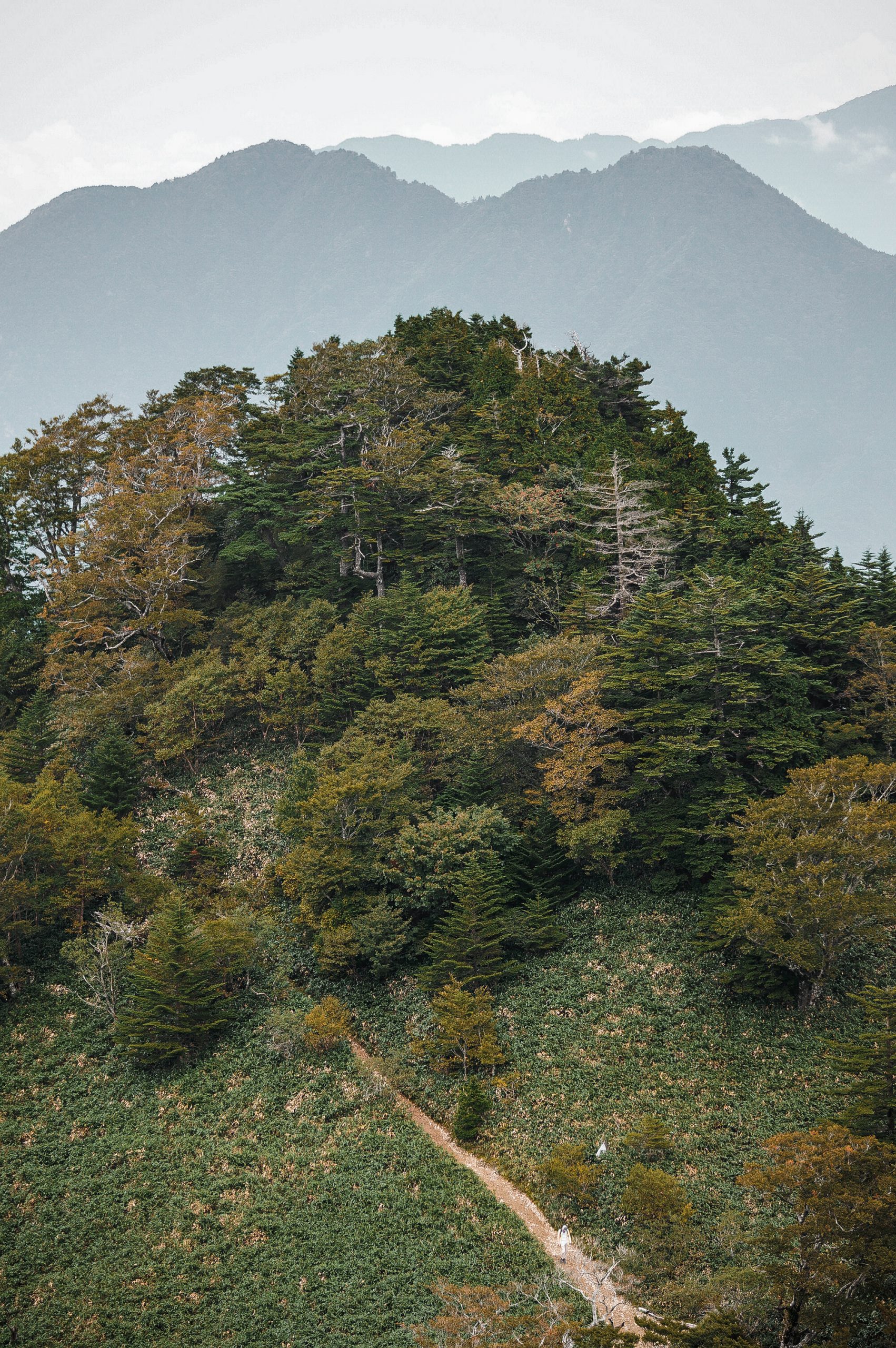
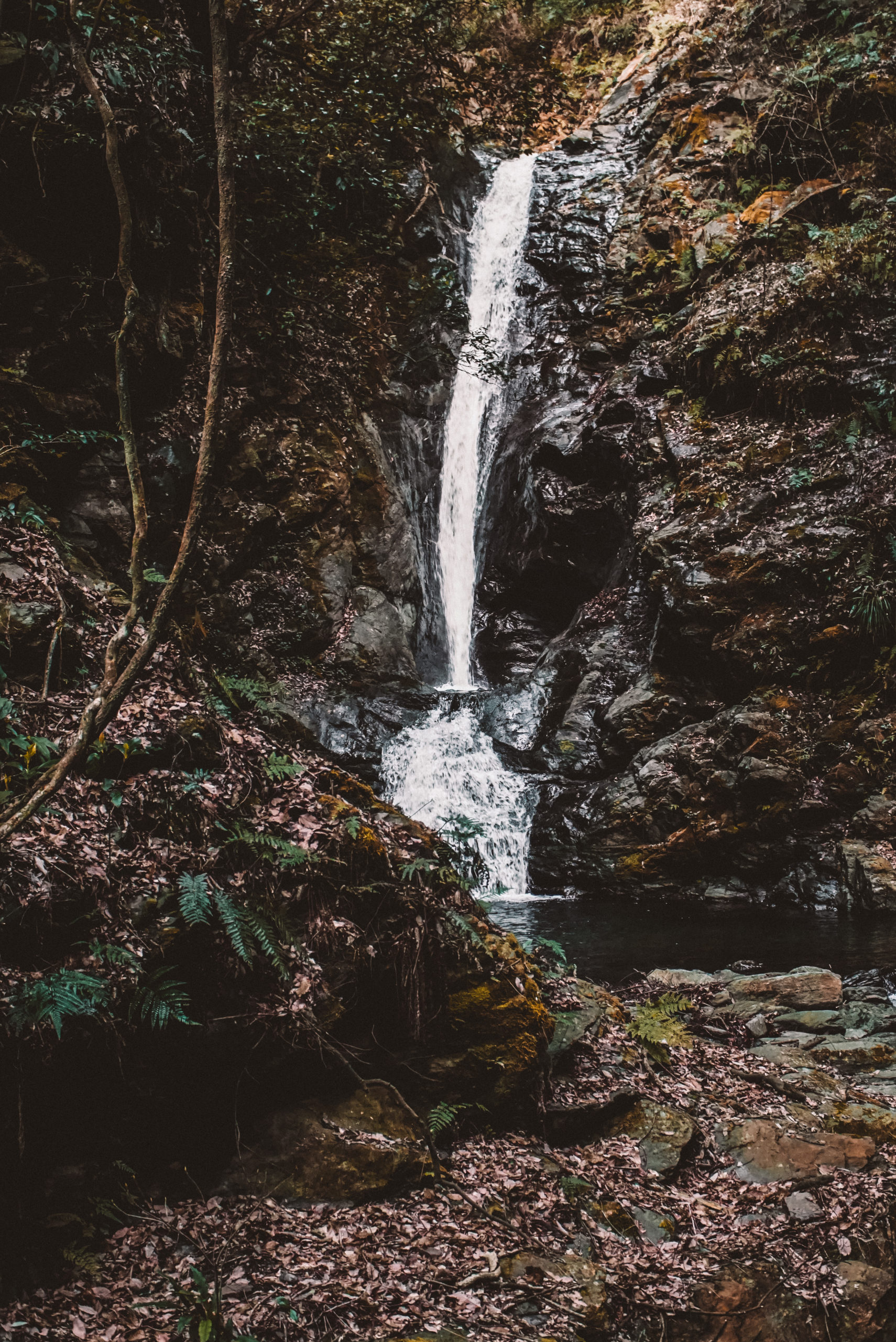
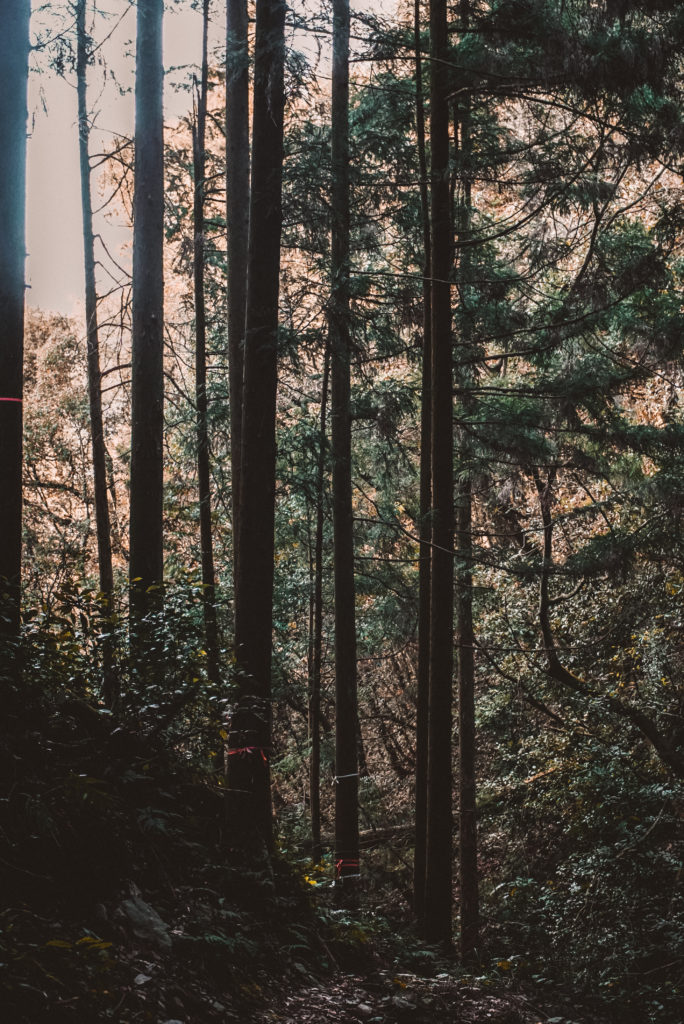
2. Safer
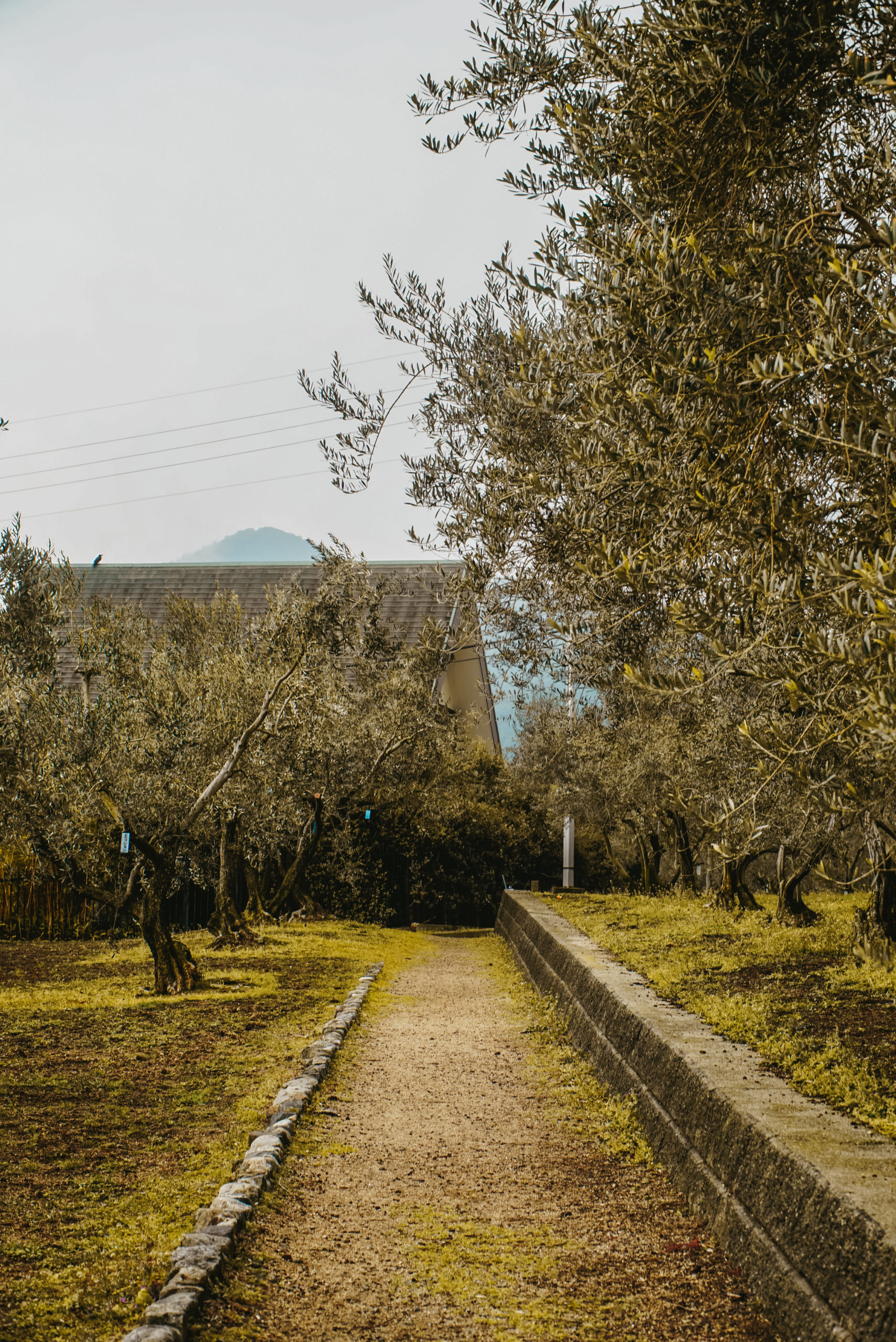
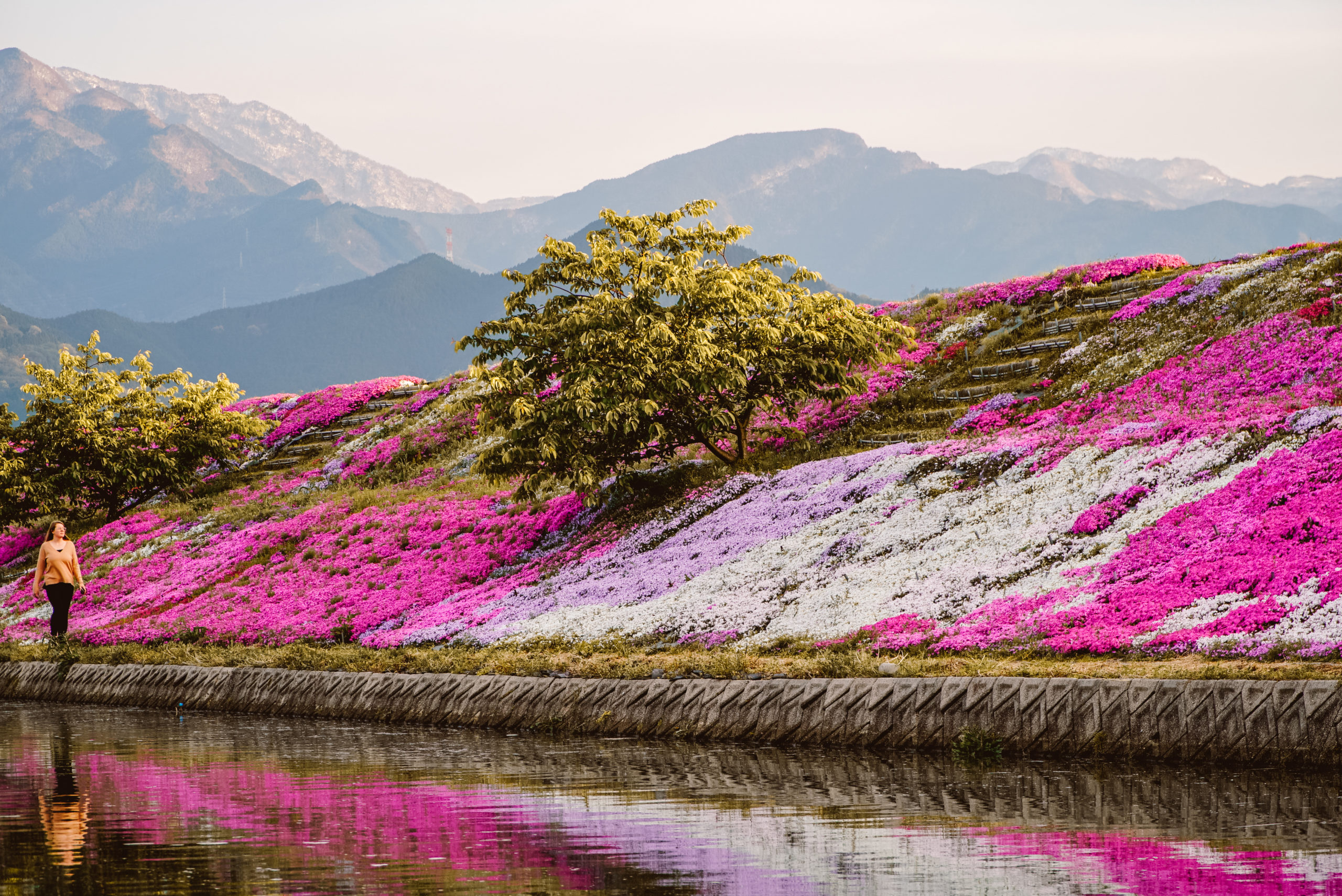
3. Festivals & Cultural Immersion
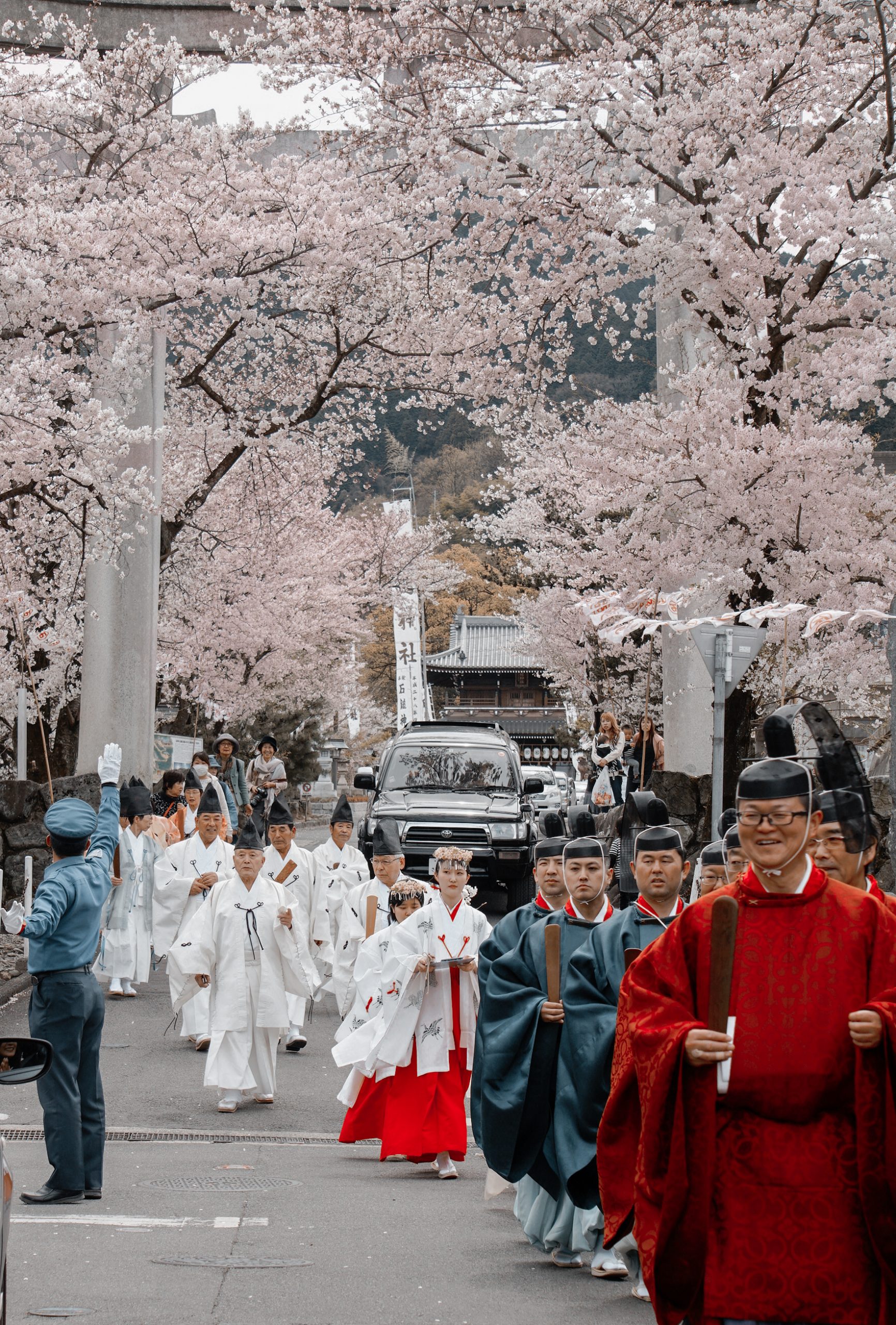
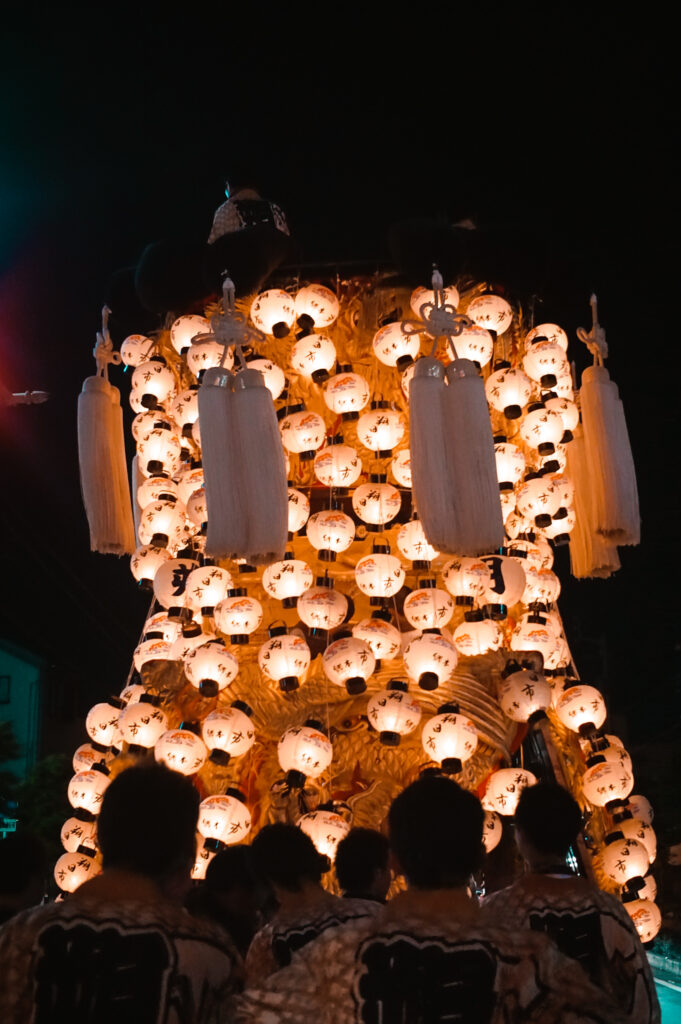
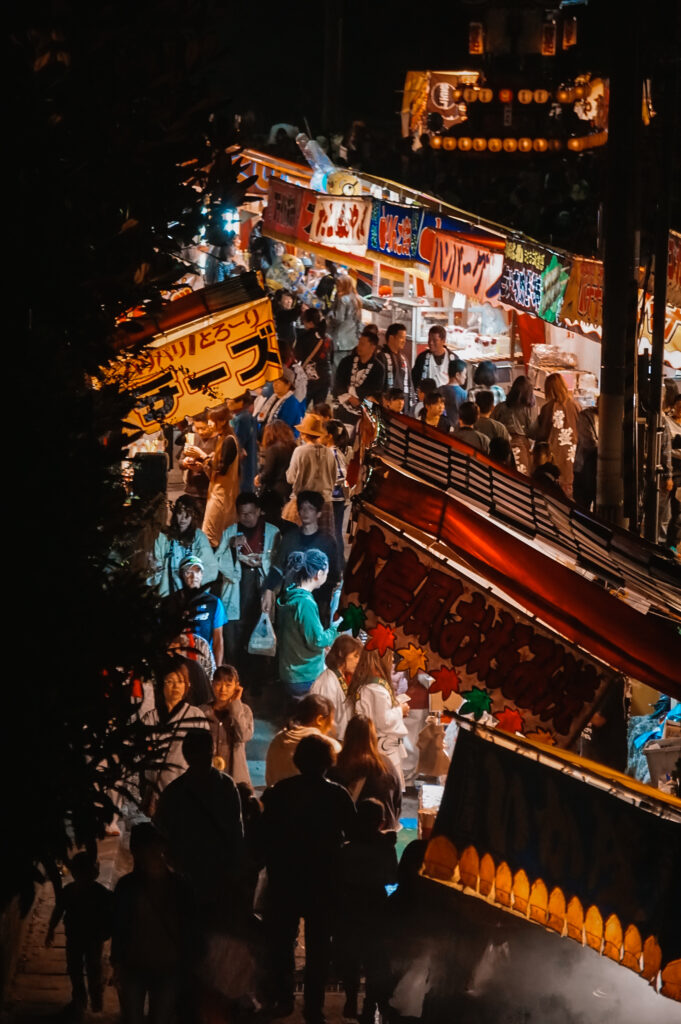
4. Local Relationships & Tight Knit JET Community
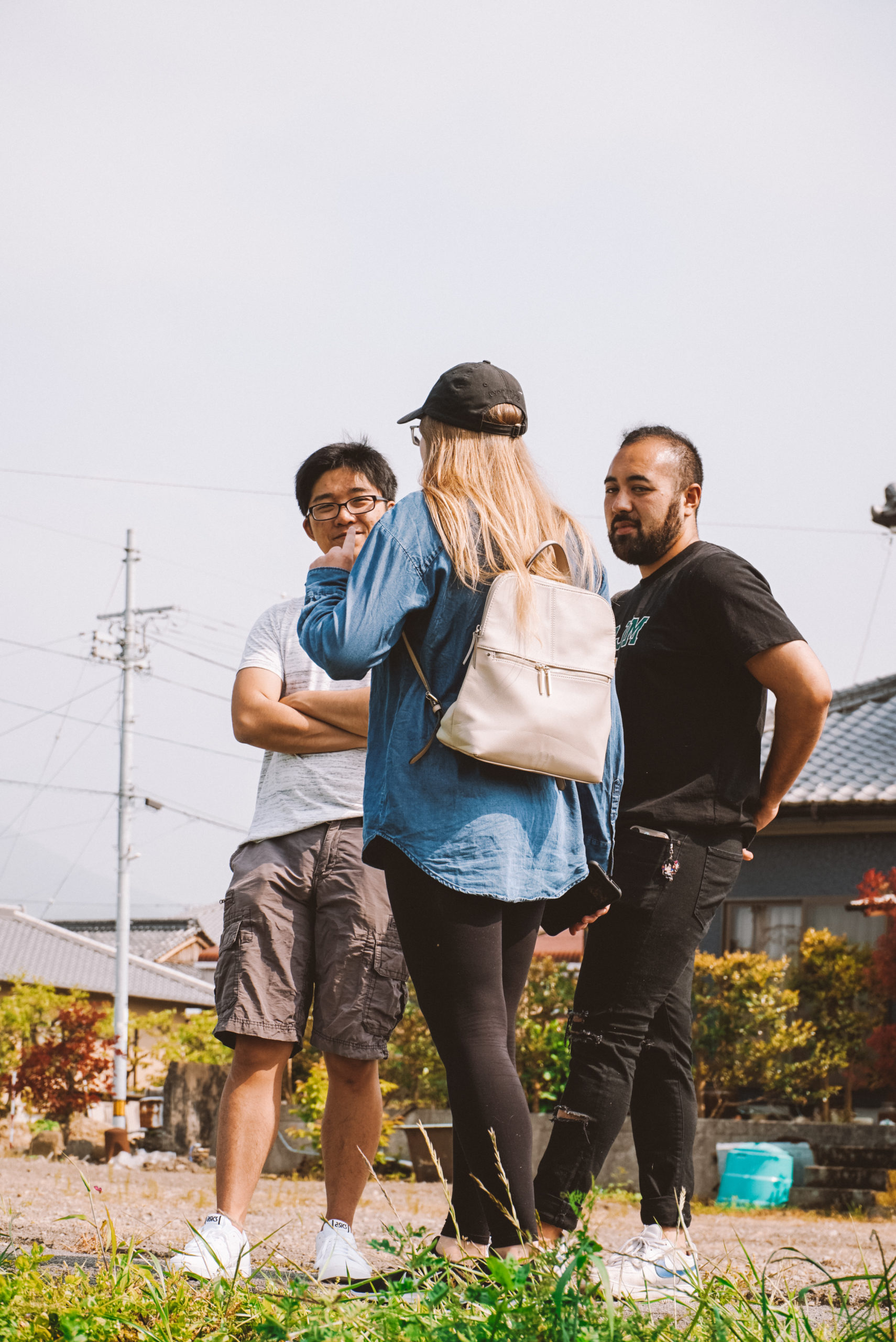
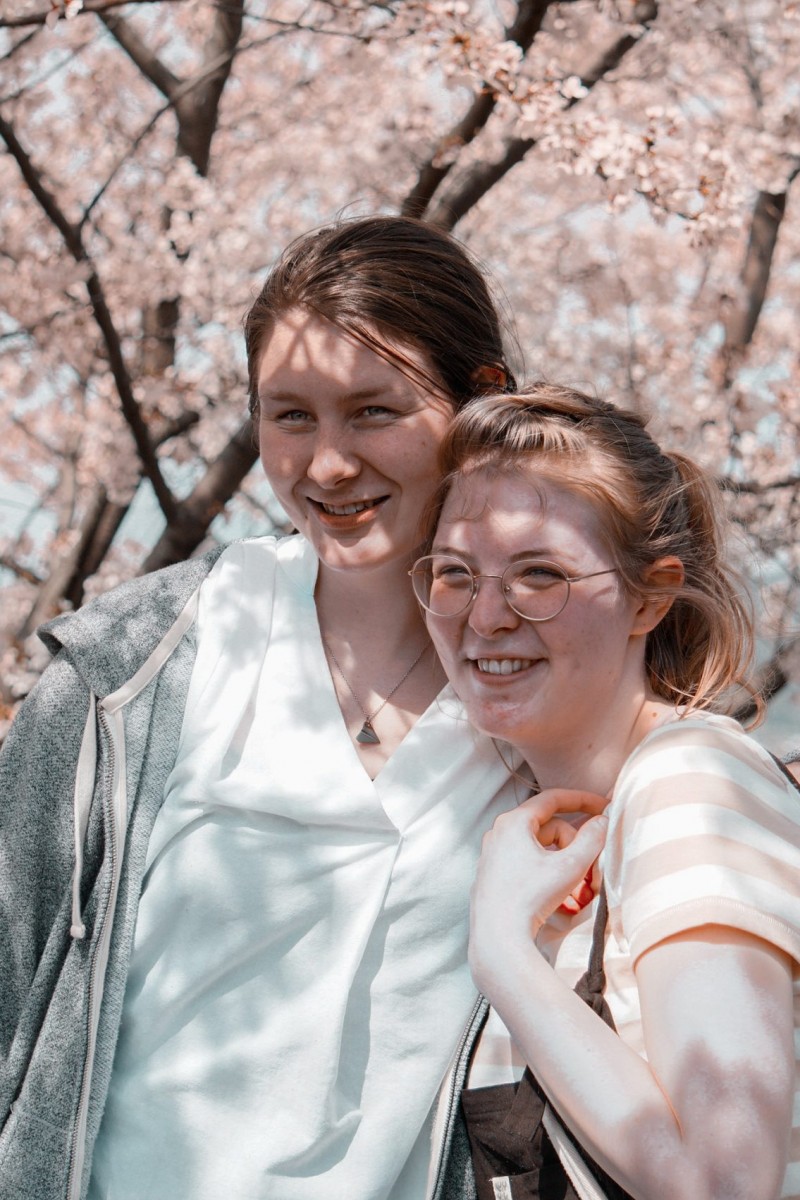
5. Sweet Students & Few Schoools
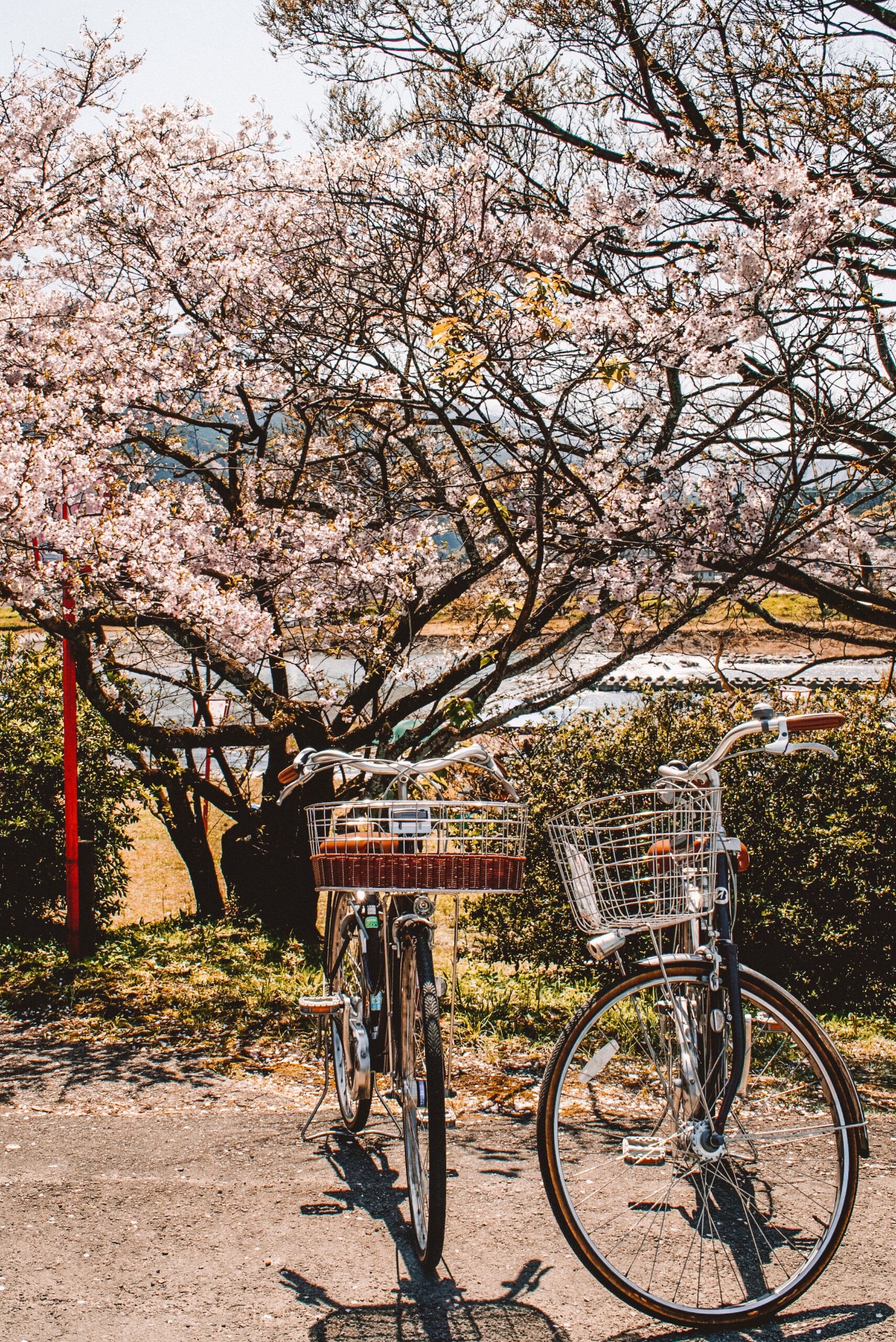
6. Unique Social Life
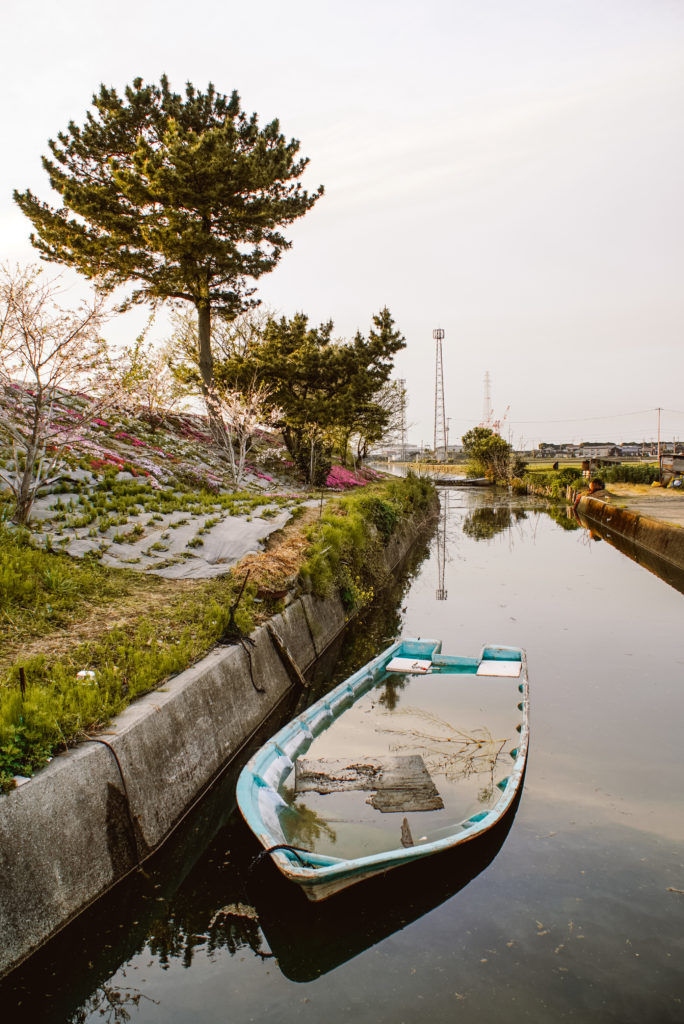

7. Unique Restaurants & Local Foods
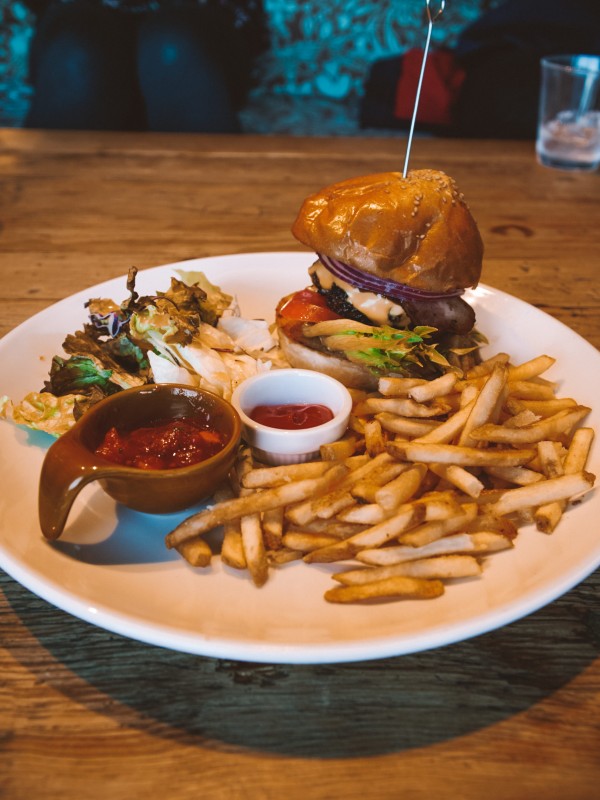
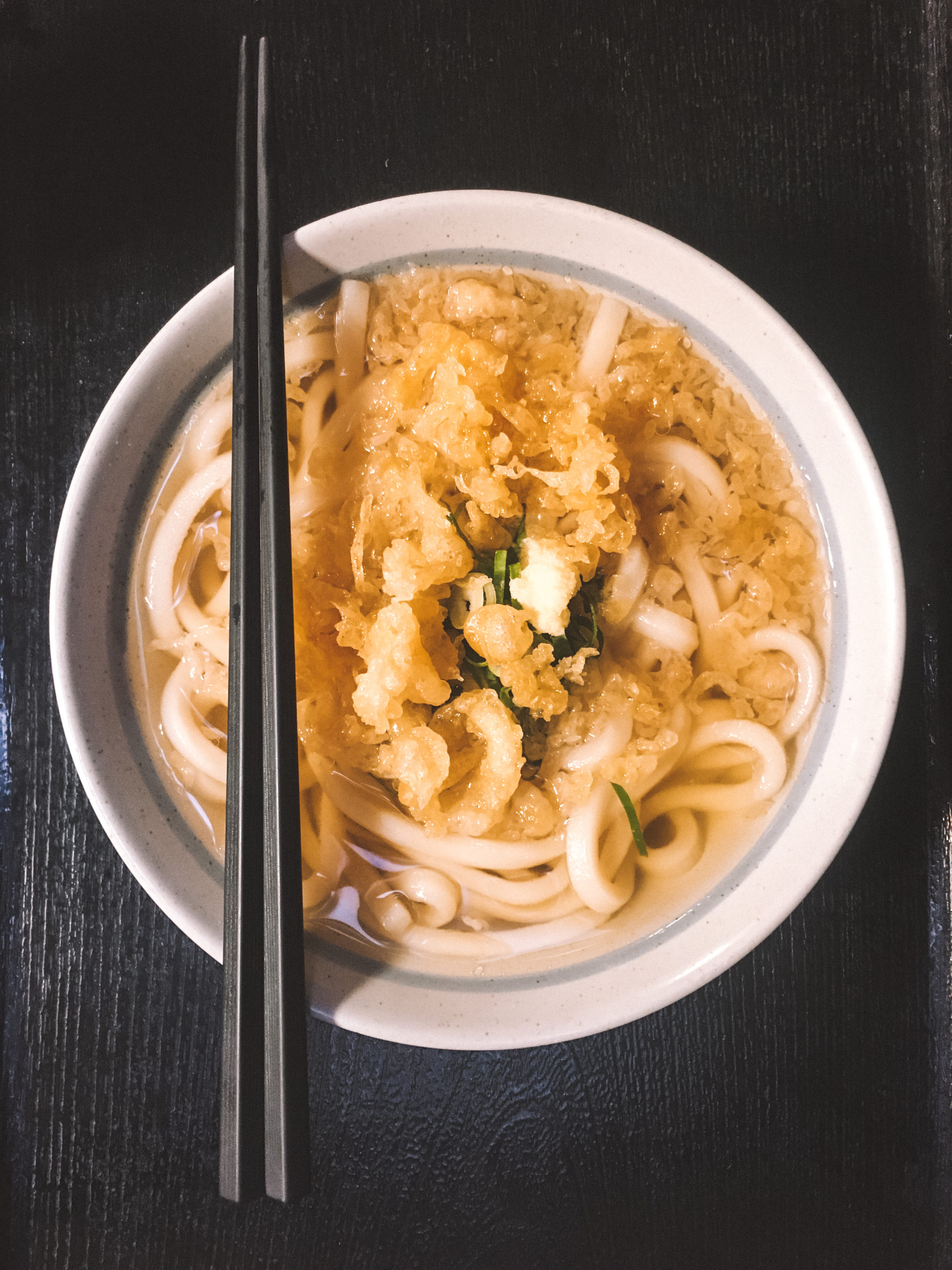
8. Cheap Living
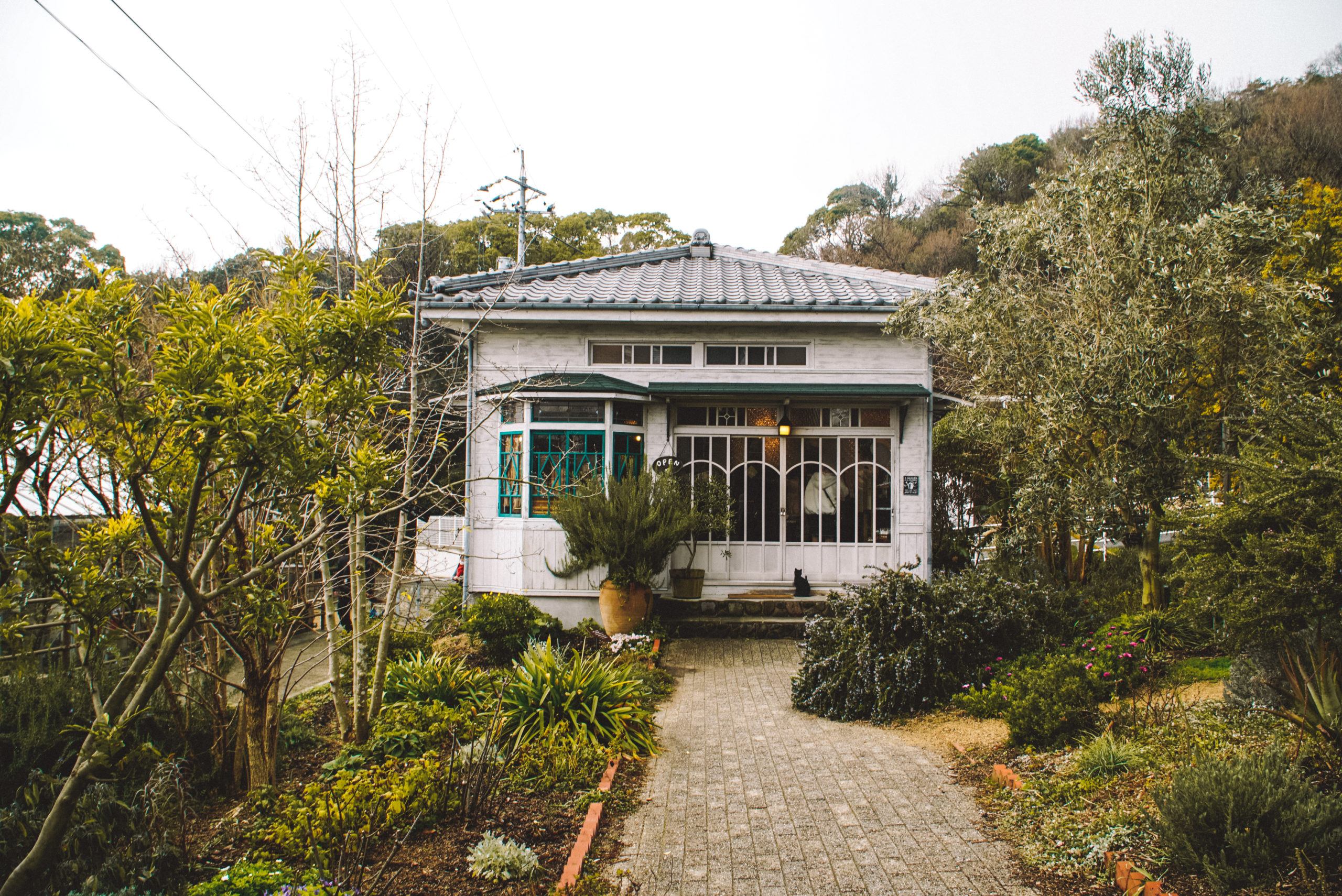
9. Transportation
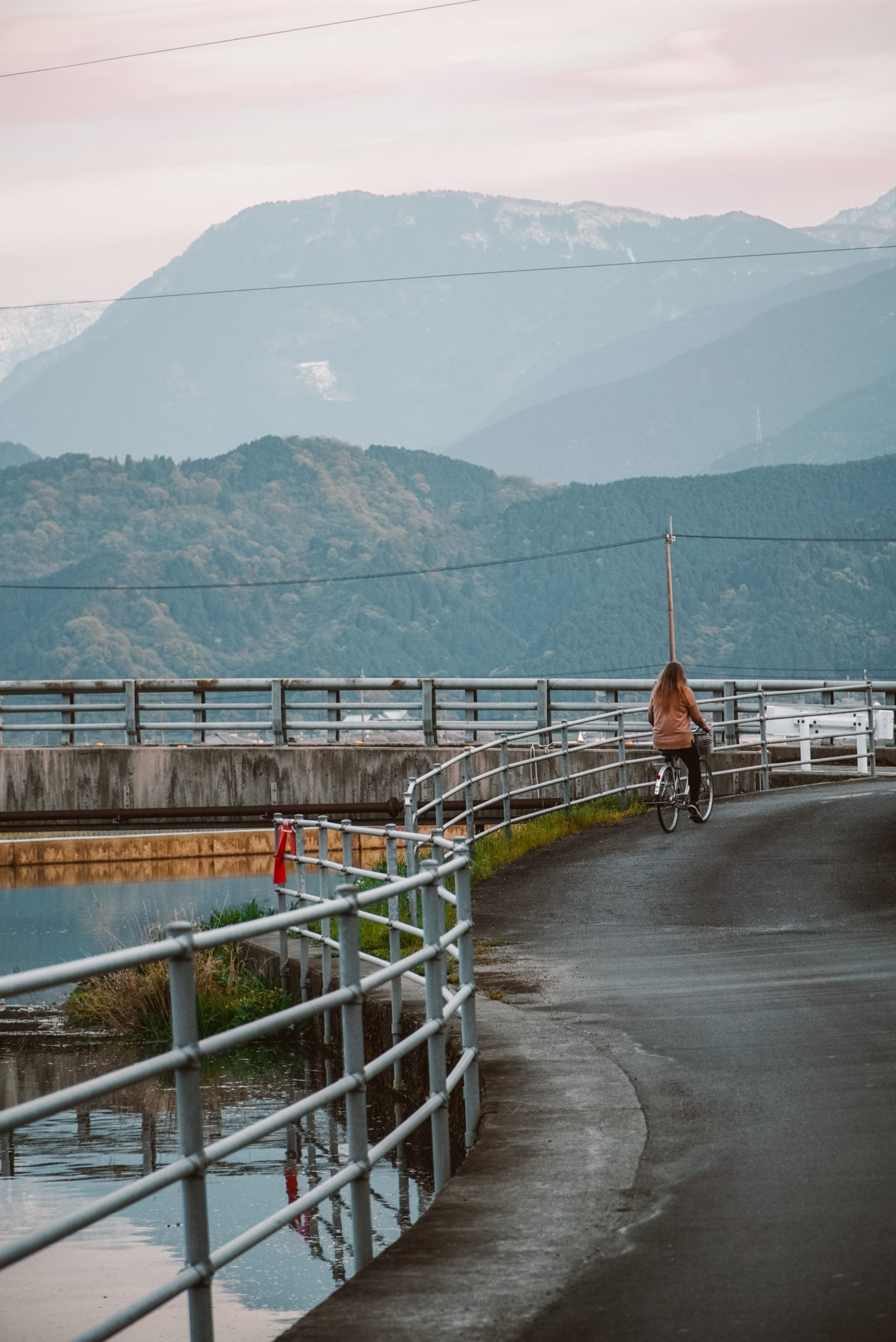
When I was in high school, I was told that my generation would be the generation that pursues multiple career paths and does at least three different jobs throughout their lifetime. I’d initially laughed at that thought but ten years later, here I am as a full time teacher, part time traveller, and constant animal rescuer. Also, they failed to tell me that two out of the three jobs wouldn’t even pay me.
